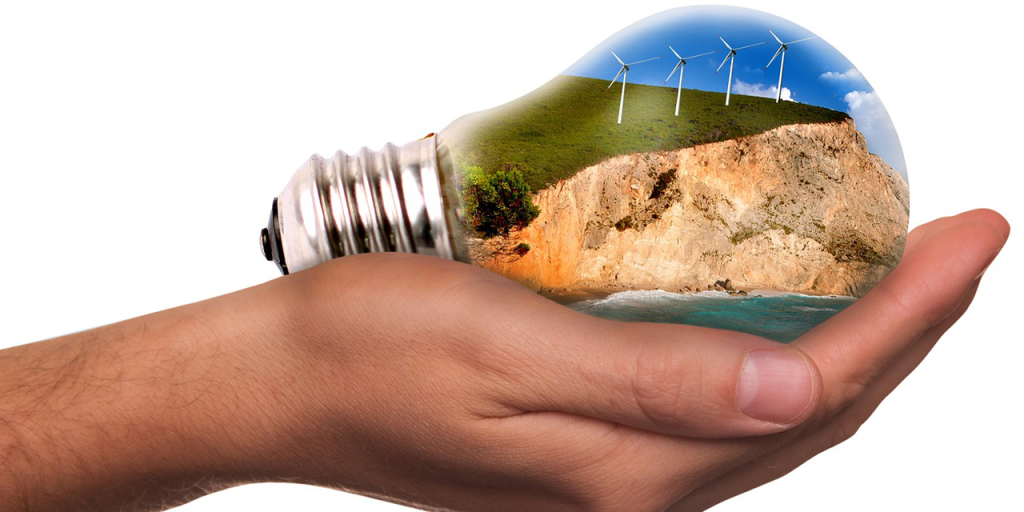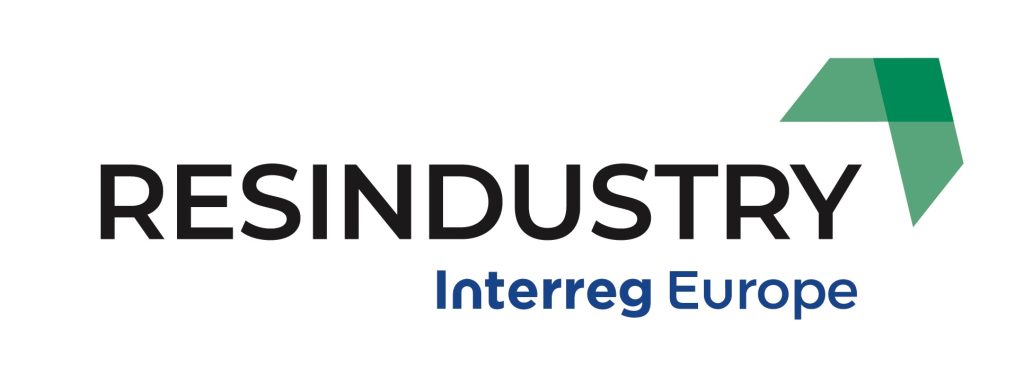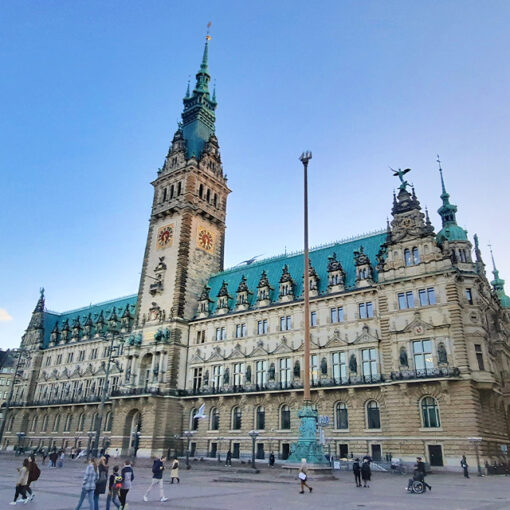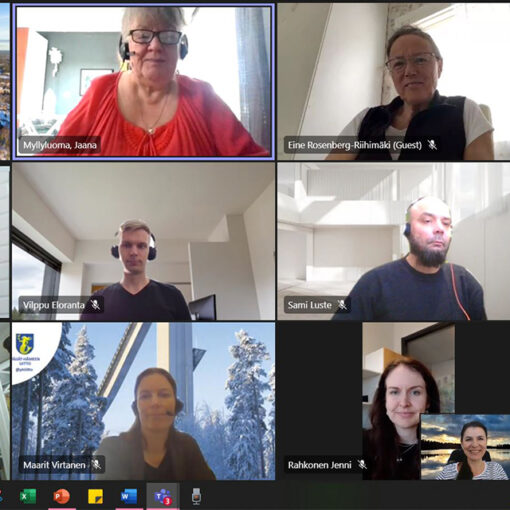Climate actions have become a priority not only in the EU, but globally. By 2050, the EU strives to become the first climate-neutral continent with intermediate reduction targets of at least 55% net greenhouse gas emissions by 2030 compared to 1990 levels. These ambitious targets were laid out in European Green Deal, the EU flagship policy framework, and even set into the European Climate Law. (Regulation 2021/1119, Article 1 & 4.)

EU energy targets
Among the actions to decrease the greenhouse gas emissions and thus move towards a climate-neutral society are increased energy efficiency to reduce energy consumption, and renewable energy deployment (Regulation 2021/1119, Recital 11).
The initial 2030 EU energy efficiency target set up in the Energy Efficiency Directive (EED) aimed at least at 32.5% (Directive 2018/2022, Article 1). In 2021, the target was increased by 9%. In May 2022, EC proposed to increase the long-term binding target from 9% to 13% compared to 2020 Reference Scenario. (European Commission 2023a.) EED defined the 2030 EU energy consumption reduction target (in both primary and final energy) to be at least 32.5%. In September 2022, the Parliament supported new target of at least 40% reduction in final energy consumption (used by final consumer) and 42.5% in primary energy consumption (total country energy demand) compared to 2007 projections (European Parliament 2022).
Simultaneously, the EU renewable energy target, set in the Renewable Energy Directive (RED), has been revised several times. The 2018 RED revision set the renewables target for 2030 to be 32% (Directive 2018/2001, Article 3). In 2021, EC proposed to raise the 2030 target to 40%. Due to the Russian invasion of Ukraine and the need of decreasing the dependence on fossil fuels, EC proposed an increase to 45% by 2030. Finally, on 30 March 2023, a reached provisional agreement set up the 2030 target to at least 42.5% but aiming for 45%. (European Commission 2023b.)
Global energy targets
During the European Sustainable Energy Week 2023, the keynote speaker Cristina Lobillo Borrero, Directorate-General for Energy of the European Commission, emphasized the importance of the energy transition. In April 2023, Ursula von der Leyen, President of the European Commission, proposed a new global initiative at the Major Economies Forum on Energy and Climate. According to Lobillo Borrero, the initiative would set up energy efficiency and renewable energy targets on a global level. The initiative will be launched at the 28th meeting of the Conference of the Parties (COP28) in Dubai later in 2023. (Lobillo Borrero 2023.)
Based on the data and modelling done by International Energy Agency (IEA) and International Renewable Energy Agency (IRENA), compare to today’s values, the global rate of renewable energy use and the global energy efficiency improvement rate should triple by 2030. (Lobillo Borrero 2023.)
Combating the climate change and its impact is a global action. This global emergency goes beyond the borders of countries and continents; therefore, a global cooperation and actions are urgent.
Author
Katerina Medkova works as an RDI specialist at LAB University of Applied Sciences and acts as a Project & Communication Manager in the RESINDUSTRY project. The RESINDUSTRY – Policies for Renewable Energy Sources in industry -project is co-funded by the Interreg Europe.

References
Directive (EU) 2018/2001 of the European Parliament and of the Council of 11 December 2018 on the promotion of the use of energy from renewable sources. EUR-lex. Cited 10 Jul 2023. Available at http://data.europa.eu/eli/dir/2018/2001/oj
Directive (EU) 2018/2002 of the European Parliament and of the Council of 11 December 2018 amending Directive 2012/27/EU on energy efficiency. EUR-lex. Cited 10 Jul 2023. Available at http://data.europa.eu/eli/dir/2018/2002/oj
European Commission. 2023a. Energy efficiency targets. Cited 10 Jul 2023. Available at https://energy.ec.europa.eu/topics/energy-efficiency/energy-efficiency-targets-directive-and-rules/energy-efficiency-targets_en
European Commission. 2023b. European Green Deal: EU agrees stronger legislation to accelerate the rollout of renewable energy. Press Release. 30 Mar 2023. Cited 10 Jul 2023. Available at https://ec.europa.eu/commission/presscorner/detail/en/IP_23_2061
European Parliament. 2022. Parliament backs boost for renewables use and energy savings. Press Release. 14 Sep 2022. Cited 10 Jul 2023. Available at https://www.europarl.europa.eu/news/en/press-room/20220909IPR40134/parliament-backs-boost-for-renewables-use-and-energy-savings
Lobillo Borrero, C. 2023. Keynote speech on renewables, decarbonisation of EU and international energy systems. Speeches given at the European Sustainable Energy Week 2023 on 22 Jun 2023, Brussels, Belgium.
Regulation (EU) 2021/1119 of the European Parliament and of the Council of 30 June 2021 establishing the framework for achieving climate neutrality and amending Regulations (EC) No 401/2009 and (EU) 2018/1999 (‘European Climate Law’). EUR-lex. Cited 7 Jul 2023. Available at http://data.europa.eu/eli/reg/2021/1119/oj
Sumanley. 2016. Lightbulb, Windmill, Energy transition. Pixabay. Cited 7 Jul 2023. Available at https://pixabay.com/photos/lightbulb-windmill-energy-transition-1776372/
Links
Link 1. Interreg Europe. 2023. Project Summary. RESINDUSTRY. Cited 10 Jul 2023. Available at https://projects2014-2020.interregeurope.eu/resindustry/




